Effective Strategies for Managing Low Blood Pressure
Learn practical solutions and tips for combating low blood pressure effectively.

Understanding Low Blood Pressure
Low blood pressure, or hypotension, can lead to dizziness, fainting, and circulatory shock in extreme cases. Although often overlooked, it’s essential to know what to do when experiencing low blood pressure symptoms.
What to Do When Experiencing Low Blood Pressure
- Stay Hydrated: One of the simplest and most effective remedies is to increase your fluid intake. Water helps maintain blood volume and, as a result, blood pressure. Consider drinking at least 8-10 glasses of water per day, particularly if you’re active or under heat.
- Salt Your Food: Increasing your salt intake can boost your blood pressure. However, be mindful not to overdo it, especially if you have other health concerns such as heart disease.
- Wear Compression Stockings: Compression stockings can help reduce the pooling of blood in your legs, which in turn can help maintain blood flow and blood pressure. They are especially beneficial during long periods of sitting or standing.
- Change Positions Slowly: When shifting from sitting or lying down to standing, do so gradually. Sudden movements can cause blood pressure to drop further, leading to dizziness.
- Eat Smaller, More Frequent Meals: Large meals can draw blood to the digestive system and lower blood pressure. Eating smaller, more nutritious meals can help maintain a steady blood pressure level.
- Limit Alcohol Consumption: Alcohol can lower blood pressure significantly, so limiting intake may help manage symptoms better.
- Monitor Your Medications: If you’re on medication for conditions such as hypertension, consult your doctor about possible side effects that may contribute to low blood pressure.
Natural Remedies for Low Blood Pressure
Many individuals seek natural ways to address hypotension. Here are some effective remedies:
- Caffeine: Temporary relief can be found in a cup of coffee or tea. Caffeine can raise blood pressure levels, providing immediate relief.
- Licorice Root: Licorice root can elevate blood pressure when consumed as a tea or extract. However, consume it under supervision, as it can have side effects.
- Vitamin B12 and Folate: Ensure these vitamins are part of your diet, as they play a role in preventing anemia, which can cause low blood pressure.
When to Seek Medical Attention
Occasionally low blood pressure may not warrant medical attention, but certain scenarios do. Look out for:
- Persistent dizziness or fainting
- Pale skin or cold, clammy skin
- Rapid, shallow breathing
- Weak and rapid pulse
- Confusion or inability to concentrate
If you experience any of these symptoms, especially in conjunction with a known medical condition, consult a healthcare professional. It’s crucial to determine if there’s an underlying medical reason that requires treatment.
Conclusion
Low blood pressure can be managed effectively through lifestyle changes, natural therapies, and proper hydration. Always remember to listen to your body, monitor your symptoms, and contact a healthcare provider as necessary. The solutions mentioned above help many, but individualized care is essential for health management.
New posts

Understanding Normal Pulse Rates: What Is a Normal Pulse?
Fitness

Understanding Ruhepuls 60: A Guide to Optimal Heart Rate
Fitness

Understanding Ruhepuls 45: The Ideal Resting Heart Rate for Your Health
Fitness

Understanding Normal Pulse Pressure: What You Need to Know
Lifestyle
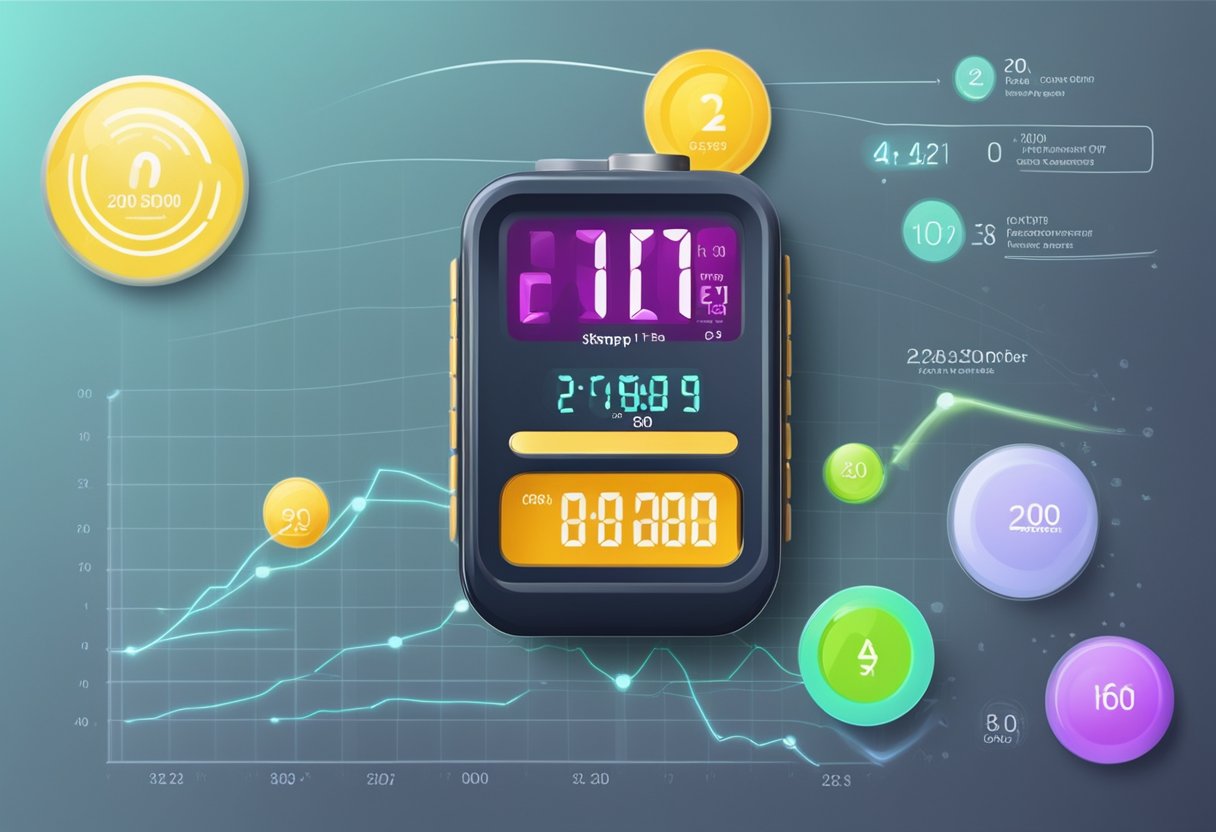
Low Blood Pressure and Trembling: Understanding the Connection
Wellness

Understanding Low Blood Pressure at Night: Causes, Symptoms, and Management
Wellness

Understanding Pulsdruck: Key Insights into Your Blood Pressure Dynamics
Wellness

Understanding Why You Might Experience Niedriger Blutdruck
Lifestyle

Navigating Low Blood Pressure and High Pulse: Key Insights
Wellness

Understanding Ruhepuls 40: What It Means for Your Health
Fitness
Popular posts

Understanding Low Blood Pressure and Tiredness: Insights and Solutions
Lifestyle
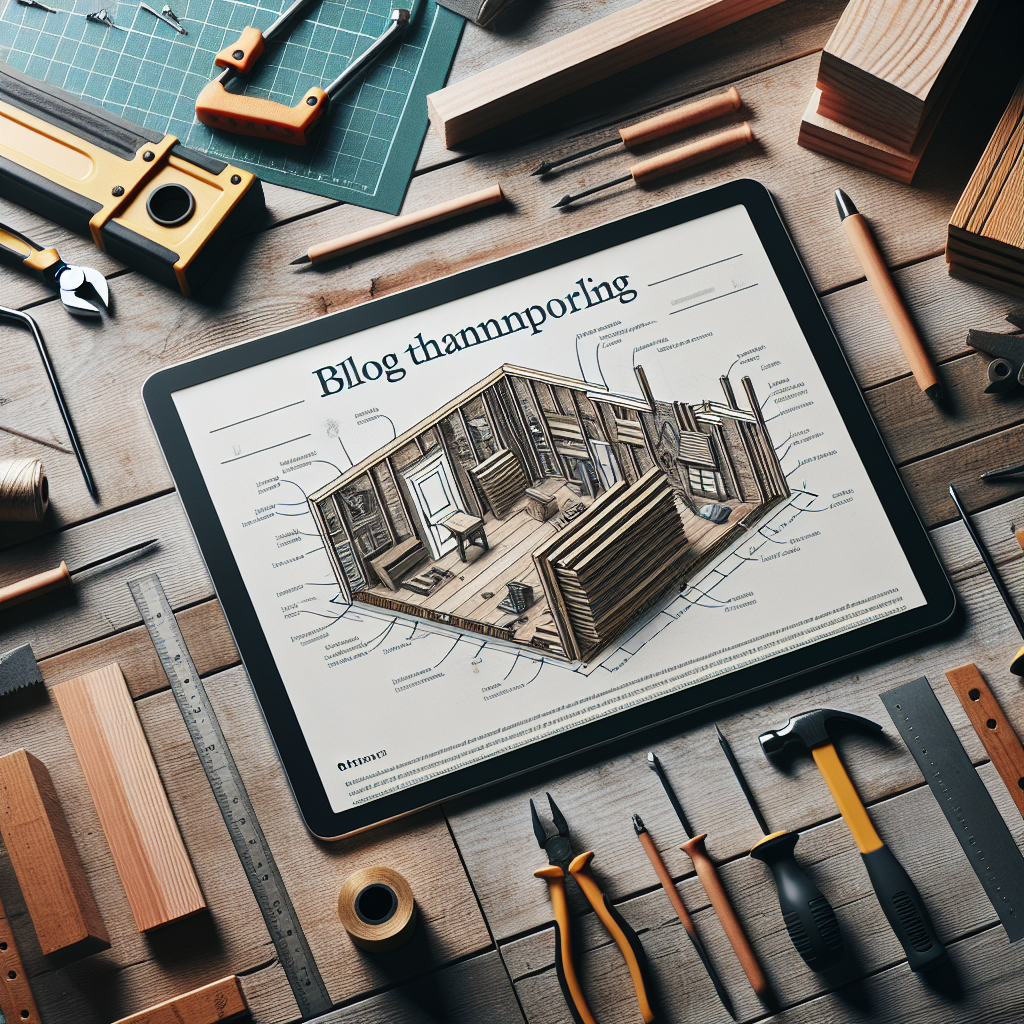
Understanding Low Blood Pressure with High Pulse Rate
Wellness
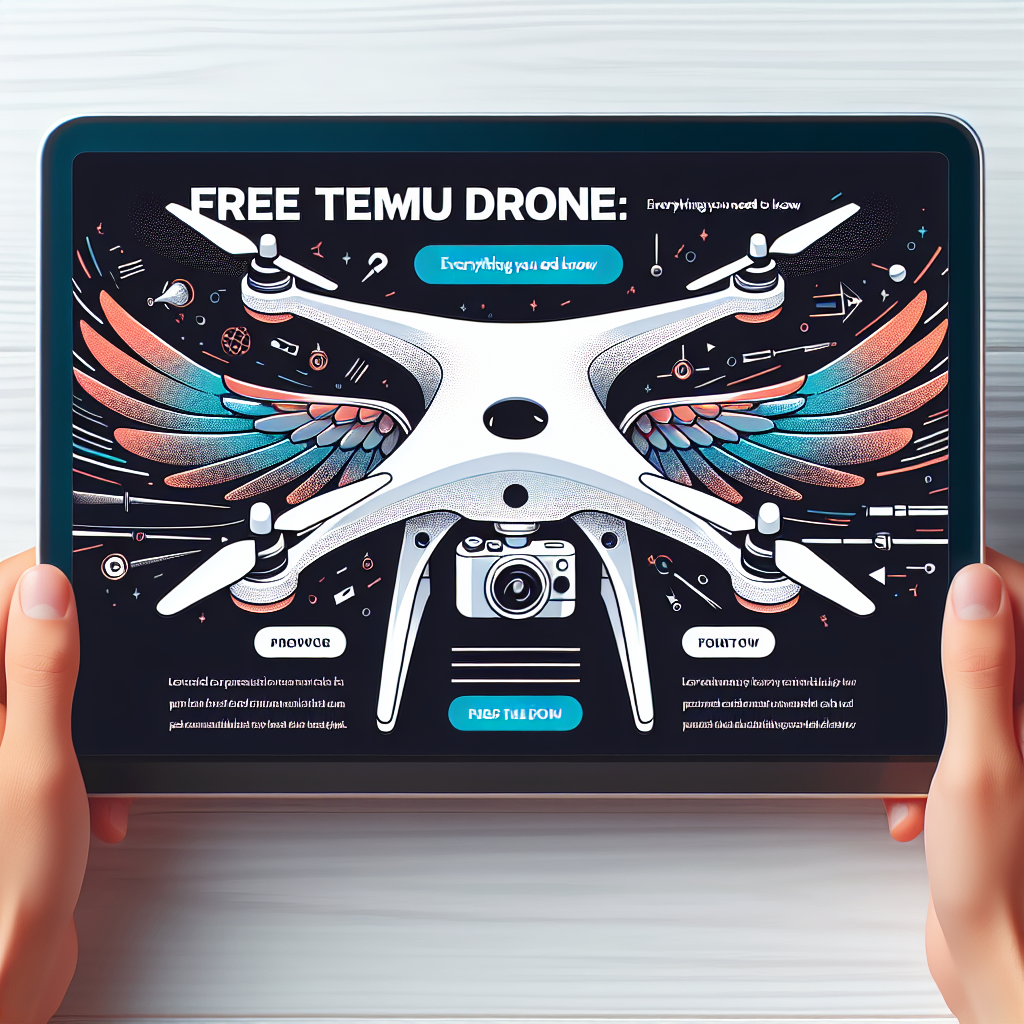
Understanding Normal Blood Pressure: A Deep Dive
Wellness

Effective Strategies for Managing Heart Palpitations: What to Do When Experiencing Herzrasen
Lifestyle
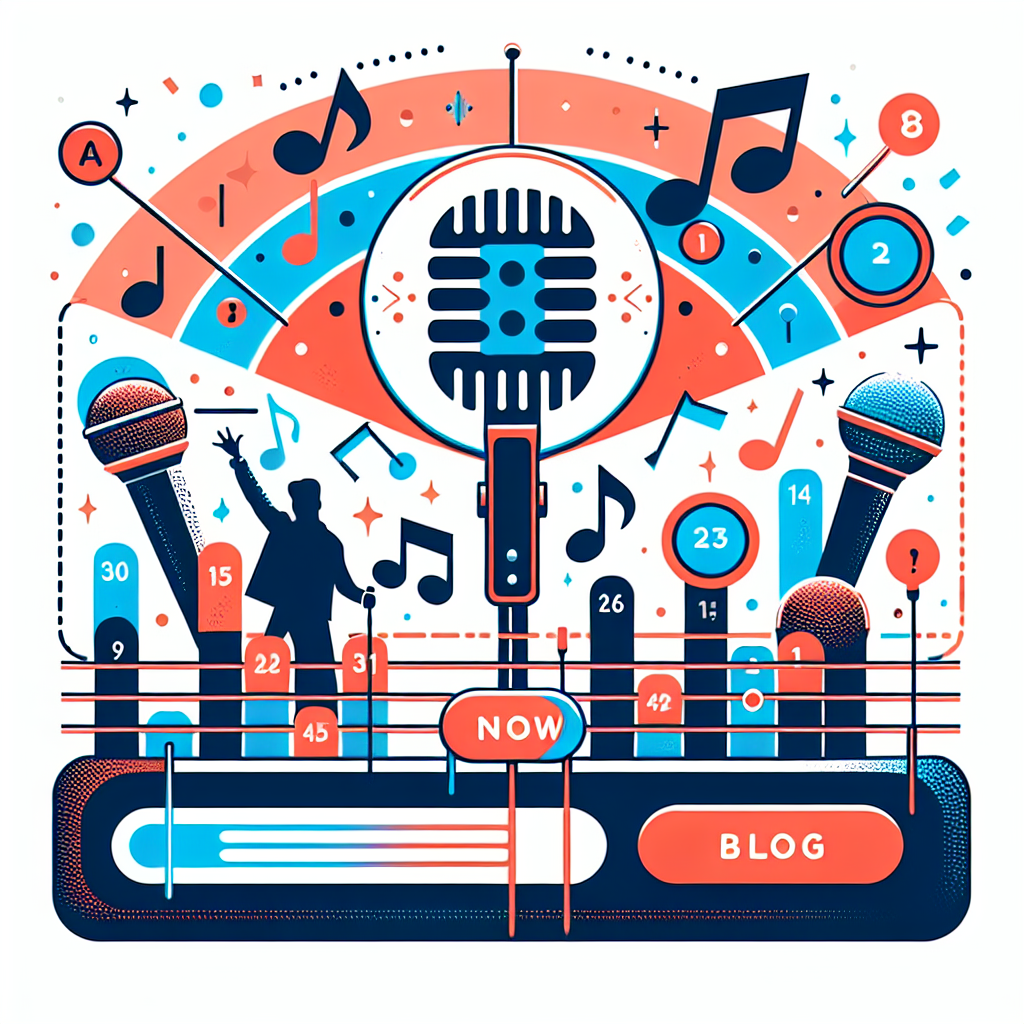
Recognizing the Symptoms of High Blood Pressure
Wellness

What to Do When You Have a High Heart Rate
Lifestyle

Understanding Low Blood Pressure: What Does the Lower Value Mean?
Wellness

Understanding Blood Pressure: What Does 110 Over 70 Mean?
Lifestyle

Understanding High Pulse and Low Blood Pressure: Causes and Solutions
Management
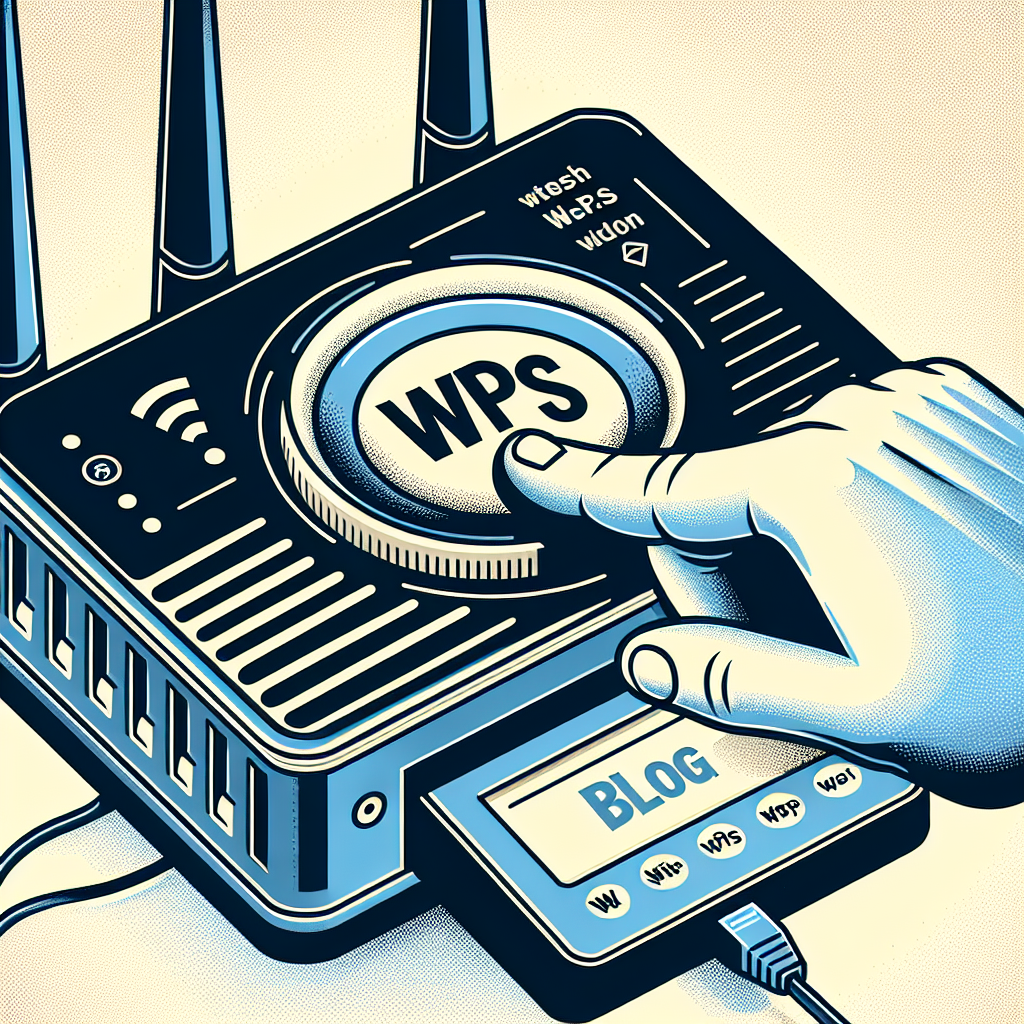
Effective Remedies for Low Blood Pressure
Lifestyle